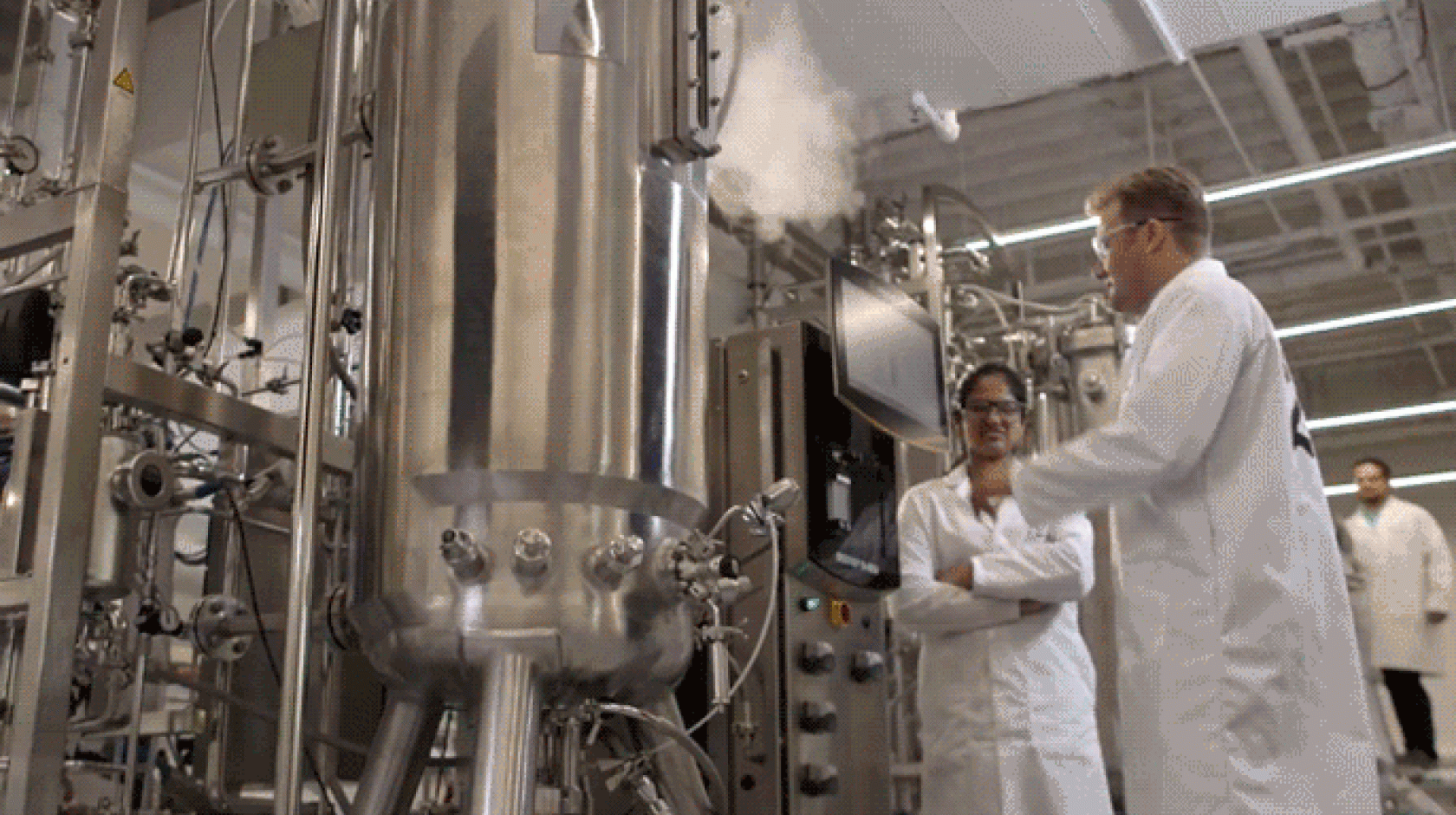Nicole Freeling, UC Newsroom

Forget the image of the startup as something hatched in a garage, spun from little more than inspiration and pizza. In California, a growing number of startups are emerging from UC labs and research institutes — young enterprises that are changing the game in fields from health care to agriculture.
Increasingly, graduate students are the brains behind these businesses.
Every two weeks, on average, a startup forms based on a UC graduate student invention. These startups currently support 3,500 jobs, have attracted $4.1 billion in venture funding and generate $520 million in annual revenue.
Over the past decade, graduate students launched 278 new enterprises — nearly half of all UC startups to emerge in that time.
And we’re not talking about the next dating app or food delivery service. Many of these fledgling companies have the potential to revolutionize their industries, and even influence our own lives and livelihoods.
Here are 10 companies to emerge recently from UC graduate student research that are well on their way to being the next big thing:
Building a smarter stethoscope

Credit: Eko Core
The time-honored doctor’s tool has changed little over the last 200 years. But it’s finally getting a high-tech upgrade with the help of Connor Landgraf, a UC Berkeley bioengineering grad student who, as someone with a chronic heart condition, has a long history with the device.
Landgraf helped create Eko Core, a device that can be attached to any stethoscope to capture a digital recording of the patient’s heartbeat, and send it to a physician’s smartphone or tablet. Doctors can then amplify, replay and view wavelengths of the heartbeat, making it easier to spot irregularities.
The device was approved by the FDA last fall and is now being marketed to physicians everywhere through Eko Core’s offices in Berkeley.
Learn more about the digital stethoscope
Smell good to friends, gross to mosquitoes

What if, rather than slathering yourself in potentially toxic DEET, you could arm yourself against mosquitoes with an effective, natural repellant that smelled mildly of grape and orange blossom?
SensoryGen, an Encinitas, California startup launched by UC Riverside researchers, is developing new approaches to combating mosquitoes that could offer protection from deadly diseases like Zika, dengue fever and malaria, while improving backyard barbecues everywhere.
The startup says it is two years from bringing to market a lotion made from naturally occurring plant-based compounds that is highly effective against mosquitoes, including the Aedes Aegypti that carries the Zika virus.
The product is based upon a simple idea: employ compounds that smell good to people but gross to mosquitoes.
Spider-inspired silk for “stronger than steel” clothes

At Emeryville, California startup Bolt Threads, three UC graduate school alumni are weaving material fit for a superhero: five times stronger than steel, more elastic than rubber bands, softer than wool, with applications that range from body armor to bridge supports.
The company emerged from discoveries the UC Berkeley and UC San Francisco graduate students hit upon while doing National Science Foundation-funded research into the proteins that make spider silk.
“We started with a microscopic cell — and that’s grown into a company,” said Bolt Threads CEO Dan Widmaier, who received a Ph.D. in chemistry and chemical biology from UC San Francisco.
Their patented approach, developed out of UCSF startup incubator QB3, uses genetically engineered microorganisms and a yeast fermentation process to produce a synthetic material equivalent to spider silk.
Bolt, which has raised $40 million in venture capital, says it can spin out metric tons of the stuff, while avoiding the difficulties of dealing with actual spiders — who are cannibalistic, territorial, and generally uncooperative to being farmed. The company also says its technique solves many of the technical issues that have foiled synthetic silk production thus far.
A simple urine test to detect early-stage breast cancer
Angela Courtney has created a simple breast cancer test that could be less costly and more accurate than mammograms.
Angela Courtney is a problem solver by nature — so when she was diagnosed with breast cancer shortly after starting a Ph.D. in integrative pathology at UC Davis, she took at it as her marching orders.
She dedicated her research to finding an easier way to diagnose breast cancer, especially in the early, most treatable stages. She has since developed a simple urine test that does just that.

Angela Courtney has created a simple breast cancer test that could be less costly and more accurate than mammograms.
Just as mammograms look to spot irregularities in breast tissue, her approach identifies patterns in proteins and genomic material in urine that can distinguish women who have breast cancer from those who don’t.
Courtney co-founded Adrastia Biotech, a Meadow Vista, California company that is raising money to begin clinical trials, with hopes of bringing the product to market within two years.
The test avoids many of the costs and risks associated with mammograms. And it could allow for earlier and more frequent breast cancer screens — ultimately, saving more lives.

Angela Courtney has created a simple breast cancer test that could be less costly and more accurate than mammograms.

